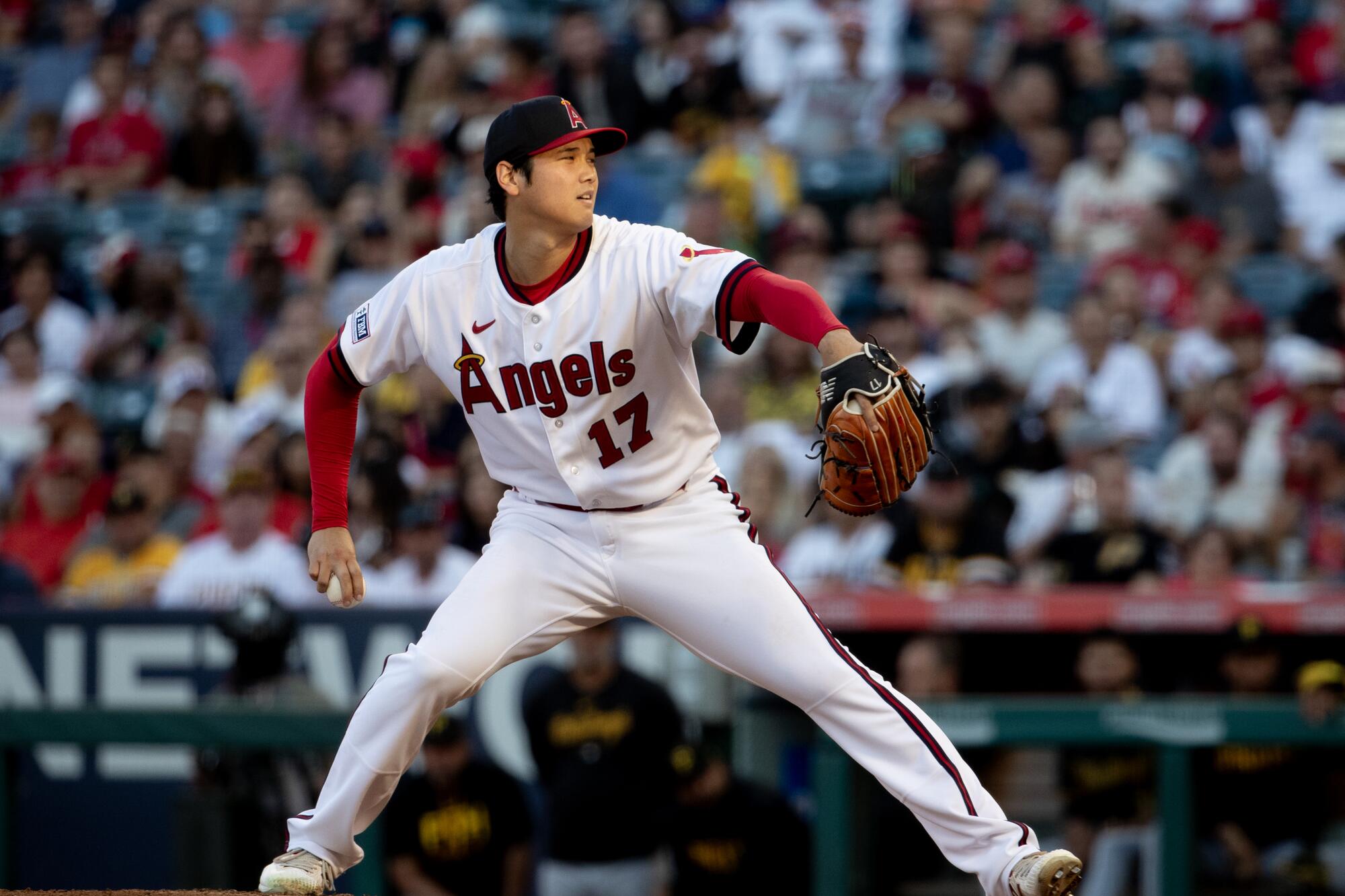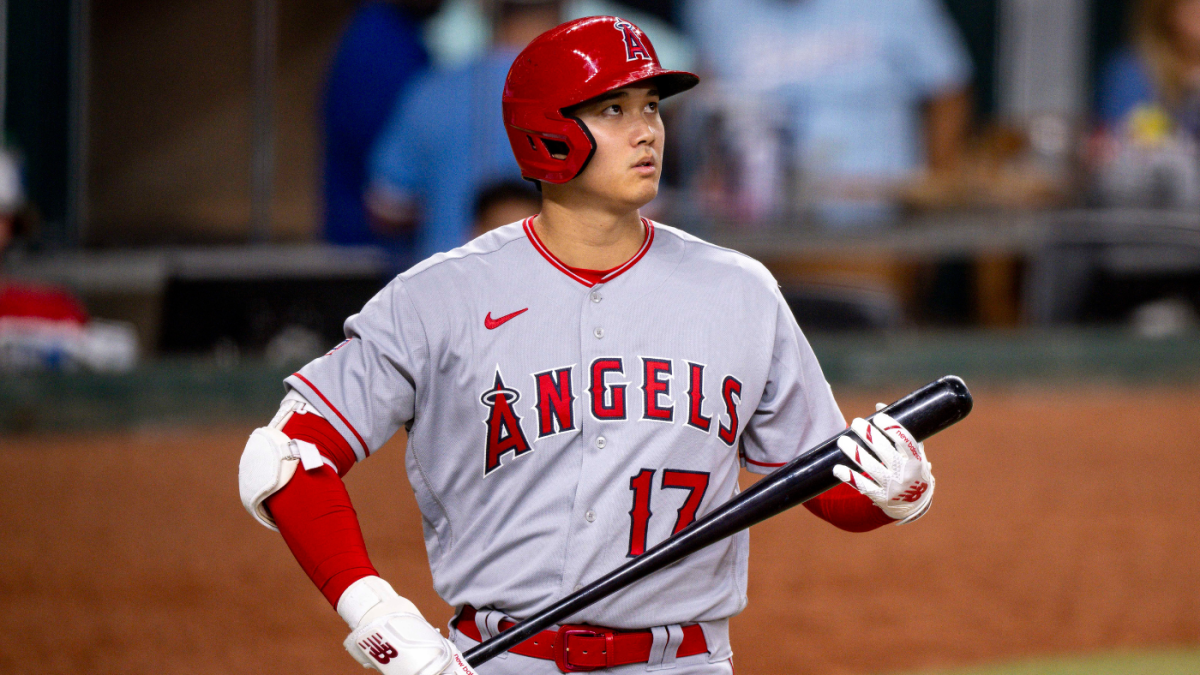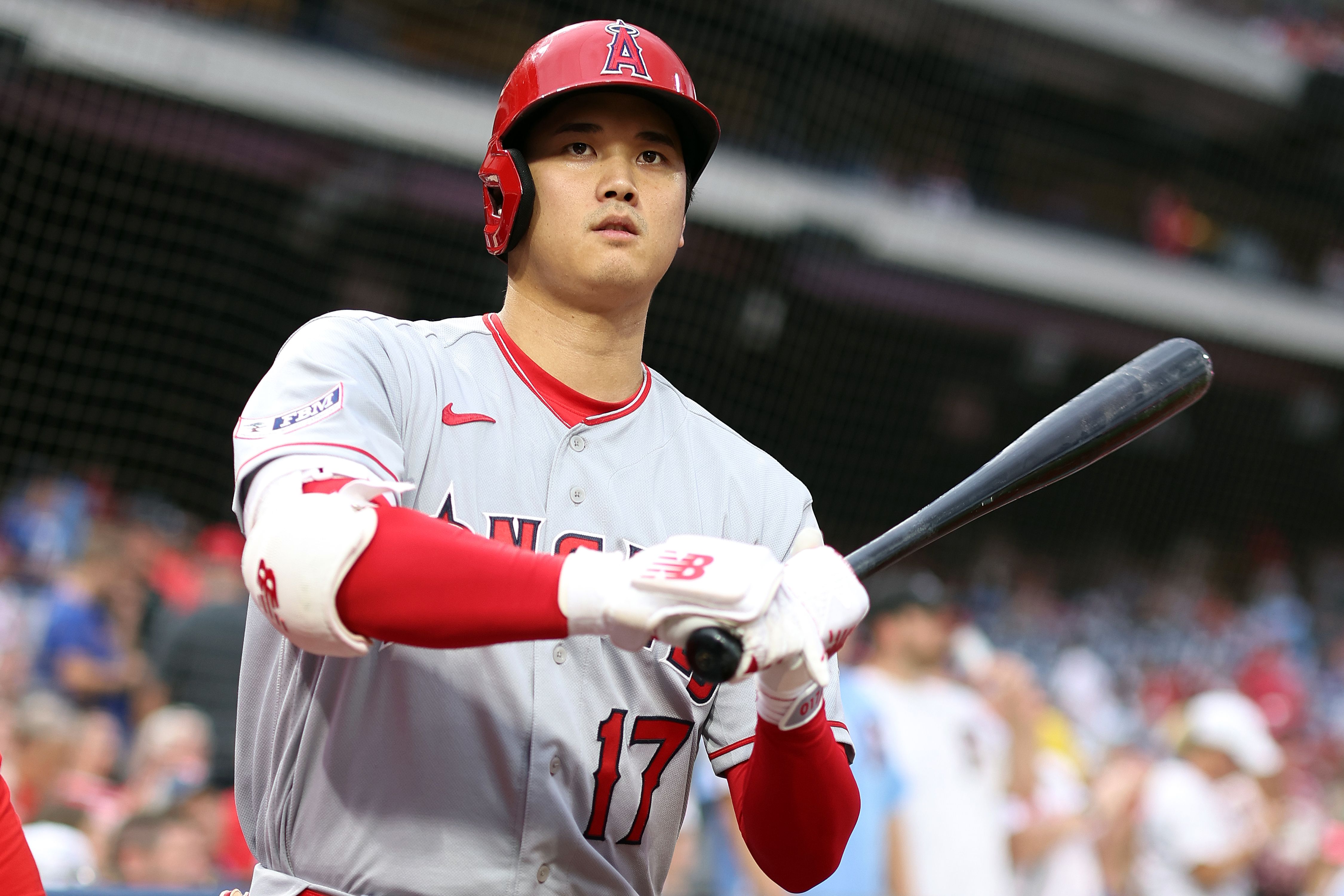The peculiar structure of the huge contract that baseball superstar Shohei Ohtani just signed will undoubtedly bring a grin to Bobby Bonilla’s face.

With a stunning $700 million in total value, Ohtani’s 10-year contract with the Los Angeles Dodgers isn’t only the wealthiest sports contract in the world.
Ohtani has agreed to delay more than 97% of his salary until the conclusion of the period under the record-setting contract, which is an unprecedented arrangement.

It is reminiscent of Bonilla’s infamous 2000 agreement with the New York Mets, wherein he is entitled to $1.2 million annually on July 1st, beginning in 2011 and continuing until 2035.
Unless you include the additional cash in Ohtani’s agreement. Much more. The new showpiece asset will only cost the Dodgers $2 million per year until 2033, when the remaining $680 million will be due.
“It appears to be a spin on the classic Wimpy saying from Popeye, ‘I’ll gladly pay you tomorrow for wins today,’ and this structure is mutually beneficial,” remarked David Carter, principal at consultancy firm The Sports Business Group.

Both the Dodgers and Ohtani benefit from the contract’s highly backloaded structure.
After acquiring the sport’s top player for next to nothing, the Dodgers have amassed enough financial firepower to entice more superstars.
The Dodgers have made it clear they will not overcommit to a single player, which will allow them to retain homegrown talent and attract free agents.
The fact that the club will be able to mitigate part of the luxury tax Һit associated with acquiring a player of this quality is an additional perk. When MLB teams’ payrolls go over a certain threshold, they are required to pay a luxury tax. That amount will be $237 million in the year 2024.
According to an earlier report by CNN, Ohtani will only be subject to $46 million in luxury tax per year instead of the whole $70 million.
Ohtani can increase his current winning potential and lock in a huge sum of money thanks to the backloaded structure of the Dodgers’ deal.

If Ohtani could win a few titles in the country’s second-biggest media market, it would boost his off-field dealings, especially his rich sponsorship ties.
According to The Wall Street Journal, Ohtani may find backloading the contract to be equally enticing because it will lower his personal tax liability.
Even though California has some of the highest income taxes in the country, Ohtani will only earn $2 million annually from playing home games there. (Tournament games played in different cities also incur player taxes.)
Once Ohtani receives the remaining $680 million in his paycheck, he will have the option to reside in a state with a lighter tax burden, such as Florida, which does not impose income taxes, or even Japan.
For all intents and purposes, the deal is backloaded, as the sports business guru Carter described it. “Considering the revenue, the Dodgers have the financial means to credibly commit to such a long-term payment.”
Carter made the observation that Ohtani’s “massive endorsement portfolio” is an additional asset. His salaries from the Dodgers won’t be enough to support him anymore. Being a global pitchman is enough to support him.
According to a count from Forbes, Ohtani has over a dozen global relationships that bring in over $35 million in endorsement earnings every year. These include Boss (previously Hugo Boss), Fanatics, and Seiko Watch, among others.
This clarifies why Ohtani personally advocated for the deal’s backloading.
“He had been schooled on the implications and process of deferrals and felt it was the appropriate thing to do,” the insider had previously told CNN. “He made a simple choice.”
But Carter still doesn’t believe a lot of other sportsmen will be able to backload their contracts to the same degree that Ohtani did.
His argument is based on the fact that the Dodgers are one of the most lucrative sports clubs in the world and that few sportsmen can match Ohtani’s endorsement power.
In the future, Carter predicted, “there won’t probably be many of these deals.”